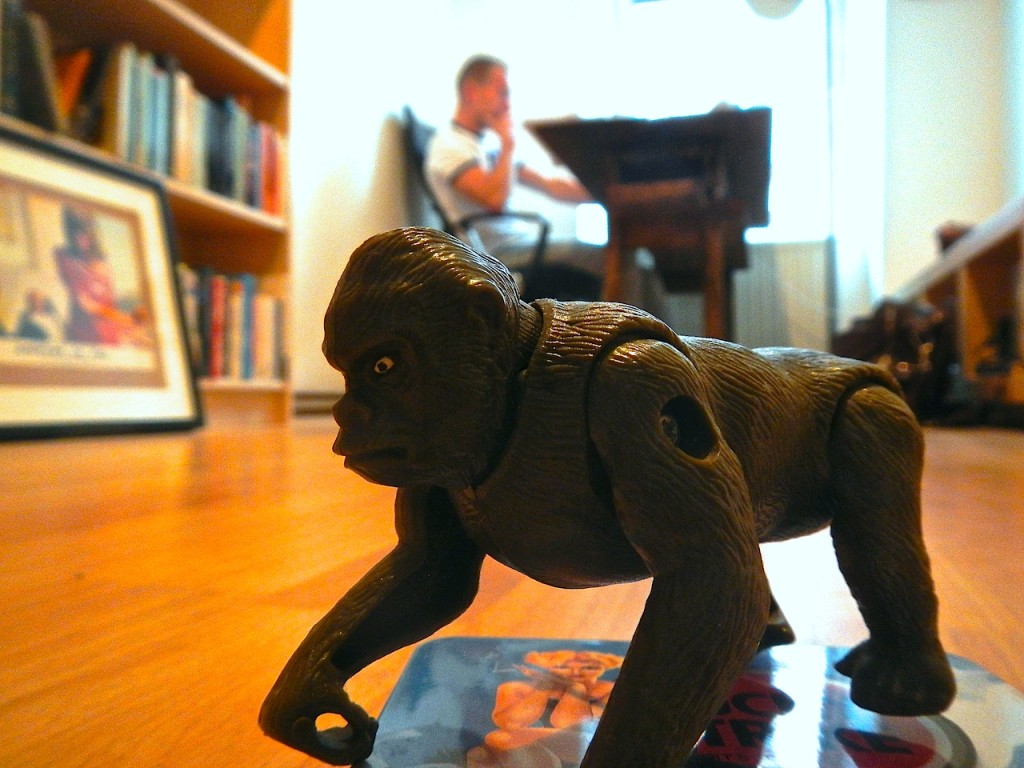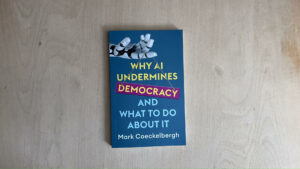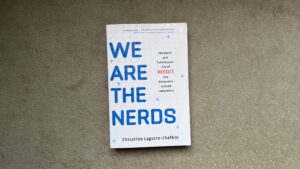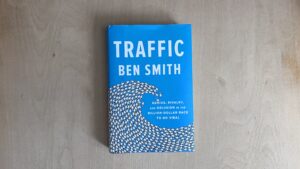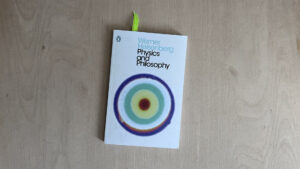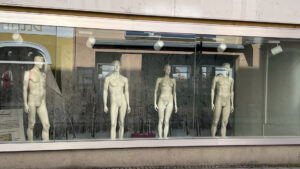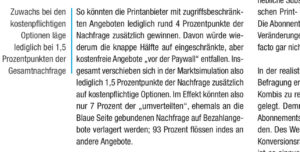[quote_box_right]Explore new ways to present long editorial content online. [/quote_box_right]
Some hate scrolling. Other hate paging. Most don’t want to read at all, research says. On the other hand, we spend hours everyday researching information online – but why don’t we still have found satisfying ways to deal with big amounts of content, and not just data, to use the full power of digital media instead of just playing with it, and to create a user experience for digital editorial content that puts the content in the center, and not the glamour of some designers ideas?
I’ve spent quite some time building online platforms for publishing corporations (among others news.at, oe24.at) or intranets for international companies handling huge amounts of content. You get used to deal with challenges like Single Sign On, home page real estate, minor design issues that grow to major troubles (should all links look the same? and what if headlines are links? and do they need to follow basic design and usability standards like being underlined?), and to the bipolar desires of editors who want to have a maximum of flexibility and a maximum of comfort and easiness at the same time.
You spend a lot of effort on creating an online experience that lets users know at the first glance that there is a lot of content, that they should continue to click and that they should stay on your site.
[pull_quote_center]We’ve gotten used to the assumption that users don’t want to read online, that it’s mandatory to keep stuff short and that bulletpoints are the highway to deliver information online.[/pull_quote_center]
But what happens if a user really clicks on a story and wants to read it? He is left on a page with tons of letters, maybe some images, videos or interactive charts, but how do we help him to read that? I think that most design efforts stop before they have to solve some real issues; they focus on impressing users and on making them click, but they’re not really helpful in presenting the content itself. It’s like inviting users in a fancy restaurant with superior interior design, but once they really want to eat, you have to tell them that there are only two dishes to choose from – but they can look at the interior, if they want some more entertainment.
We’ve gotten used to the assumption that users don’t want to read online, that it’s mandatory to keep stuff short and that bulletpoints are the highway to deliver information online. Fine, but on the other side, everybody who is doing digital editorial work still feels that digital media could be a great way to deliver much more information and many different facets of information that we can not pack in a print edition. Where to put all the photos, video takeouts and the many more notes and comments that did not make it into the printed story. – Let’s publish them online. And that’s where they stay unnoticed, where they bore users and where they help to create the impression that digital media are just not made for reading. This can’t be it. There must be more to digital editorial content – more experience, and more than just recycling what you did not want to put in a print edition.
This is what the LCD – Long Copy Digital-Project is about. I think that there are many ways to create satisfying digital reading experiences; the technology is there, the content is there – we just need to find smart ways to combine them. And we need to take a step back from what we are used meanwhile from content management- and editing-systems. The focus for now is not to have lean and fast workflows that help us to publish lots of content in no time with no technical knowledge, but to create media that users like – even if it requires ineffective ways like manual coding.
It’s an experimental approach, but I want to give it some time. And some first prototypes will follow soon…

